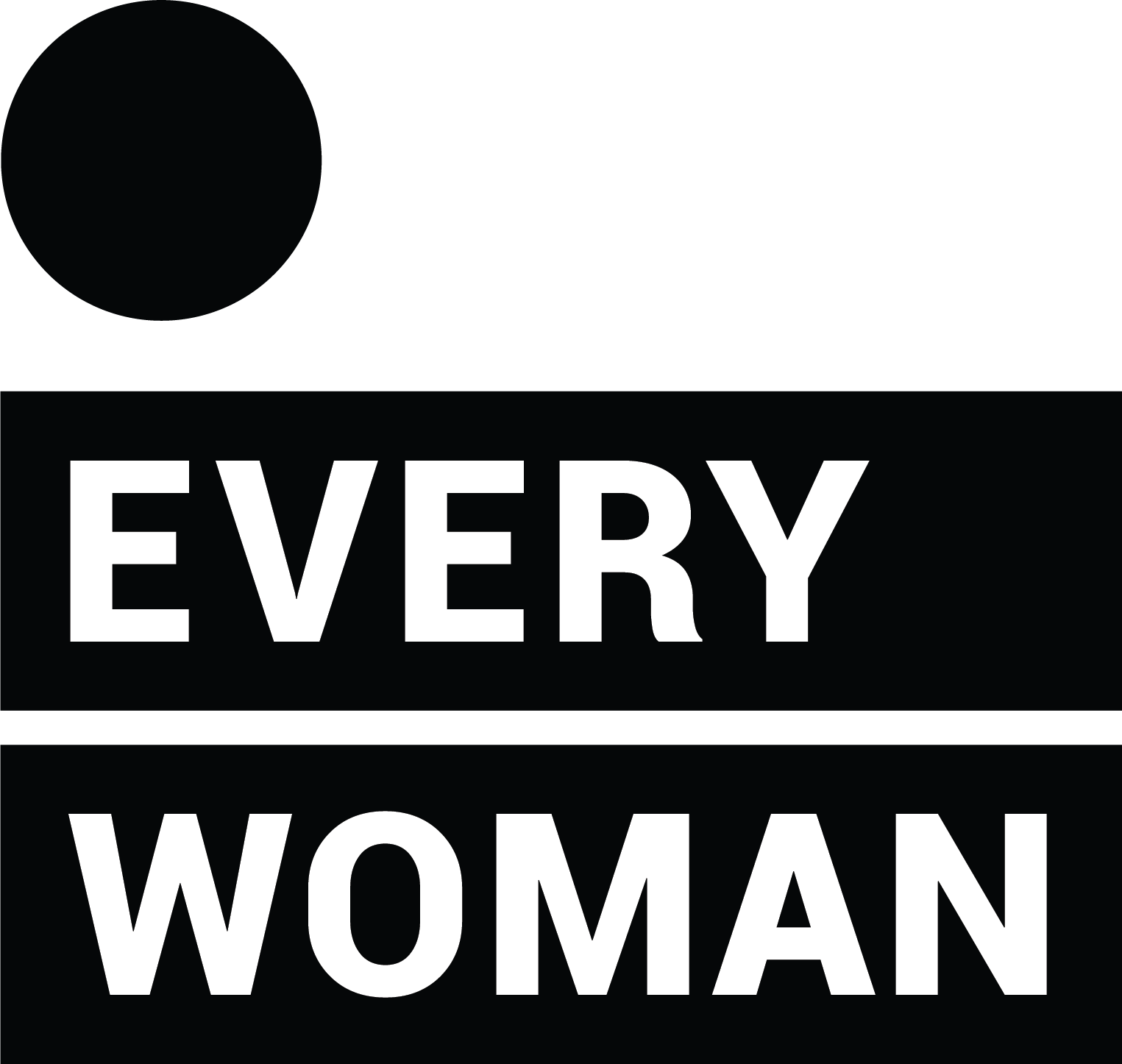
Our Story
Every Woman Treaty formed in 2013 following the call for a global treaty to end violence against women and girls by the UN Special Rapporteur on violence against women and girls, Rashida Manjoo. A group of frontline activists and legal scholars from across the globe — Somalia, the Democratic Republic of Congo, South Africa, the UK, Afghanistan, the US, Croatia, and the Rosebud Indian Reservation — met at Harvard Kennedy School’s Carr Center for Human Rights Policy to discuss whether a campaign was needed to advocate for such an instrument. The meeting led to the creation of Every Woman Treaty and the campaign for a global binding instrument.
Inspired by grassroots-led treaty campaigns such as the International Campaign to Ban Landmines, Every Woman Treaty spent its early years conducting a multi-phase global consultation on how to strengthen the global legal framework on violence against women and girls, culminating in the campaign’s public launch (2019) and our first report, Safer Sooner. In February 2023, we released our second report, Safer Now, on how the rise in violence against women and girls demands urgent action.
Since our inception a decade ago, Every Woman Treaty has grown to a coalition of more than 3,900 women’s rights activists and organizations in 147 countries advancing a global treaty to end violence against women and girls. After extensive consultations with nations, we’re advancing a new Optional Protocol to the Convention on the Elimination of All Forms of Discrimination against Women (CEDAW) — a form of a binding global treaty — based on CEDAW General Recommendation 35 on violence against women and girls.
In December 2023, our efforts led to the release of a joint statement by four nations — Antigua and Barbuda, Costa Rica, the Democratic Republic of the Congo and Sierra Leone — calling for the creation of a new Optional Protocol to CEDAW. These nations lead the State initiative for a treaty. The UN Special Rapporteur on violence against women and girls and three former Special Rapporteurs are calling for a global treaty as an Optional Procotocl to CEDAW.
Timeline on the global framework to end violence against and call for binding global law

Every Woman Treaty holds its first convening at Harvard Carr Center for Human Rights Policy, and forms an NGO under its original name, Everywoman, Everywhere.
Every Woman Treaty launches its public campaign for a binding global policy on violence against women and girls.
Every Woman Treaty releases its first report Safer Sooner: Toward a global binding norm to end violence against women and girls

Organization of American States Secretary General Luis Almagro calls for a global treaty: “Violence against women is a global problem, demanding global values and global solutions. Delighted to meet with frontline activists from the Every Woman Treaty. I agreed it is urgent to advance a new global norm, modeled on LAC’s Belem do Para to end violence against women and girls.”


Costa Rica, the DRC and Every Woman Treaty co-host convening in Geneva on the need for a treaty. Attendees included more than 50 UN Permanent Representatives, diplomats, and international NGOs, as well as representatives of the Office of the UN High Commissioner for Human Rights.
Costa Rica, the DRC and Every Woman Treaty co-host convening in Geneva on the need for a treaty. Attendees included more than 50 UN Permanent Representatives, diplomats, and international NGOs, as well as representatives of the Office of the UN High Commissioner for Human Rights.
Every Woman Treaty releases report Safer Now: Rapid rise in violence against women and girls demands highest level of global commitment.
Every Woman Treaty’s extensive consultation with States reveals a strong preference for a new treaty in the form of a new Optional Protocol to the Convention on the Elimination of All Forms of Discrimination Against Women (CEDAW) specific to ending violence against women and girls.
Consultation with Every Woman Treaty global coalition leads to overwhelming agreement to support a new optional protocol to CEDAW.


JOIN THE CALL
I stand for a life free from all forms of violence for every woman and girl, everywhere.
I hereby join the call for a global treaty in the form of a new Optional Protocol to CEDAW to eradicate violence against women and girls.
*By signing you will be added to our mailing list. You can choose to opt out from the signature confirmation email.

JOIN THE CALL
I stand for a life free from all forms of violence for every woman and girl, everywhere.
I hereby join the call for a global treaty in the form of a new Optional Protocol to CEDAW to eradicate violence against women and girls.
*By signing you will be added to our mailing list. You can choose to opt out from the signature confirmation email.



